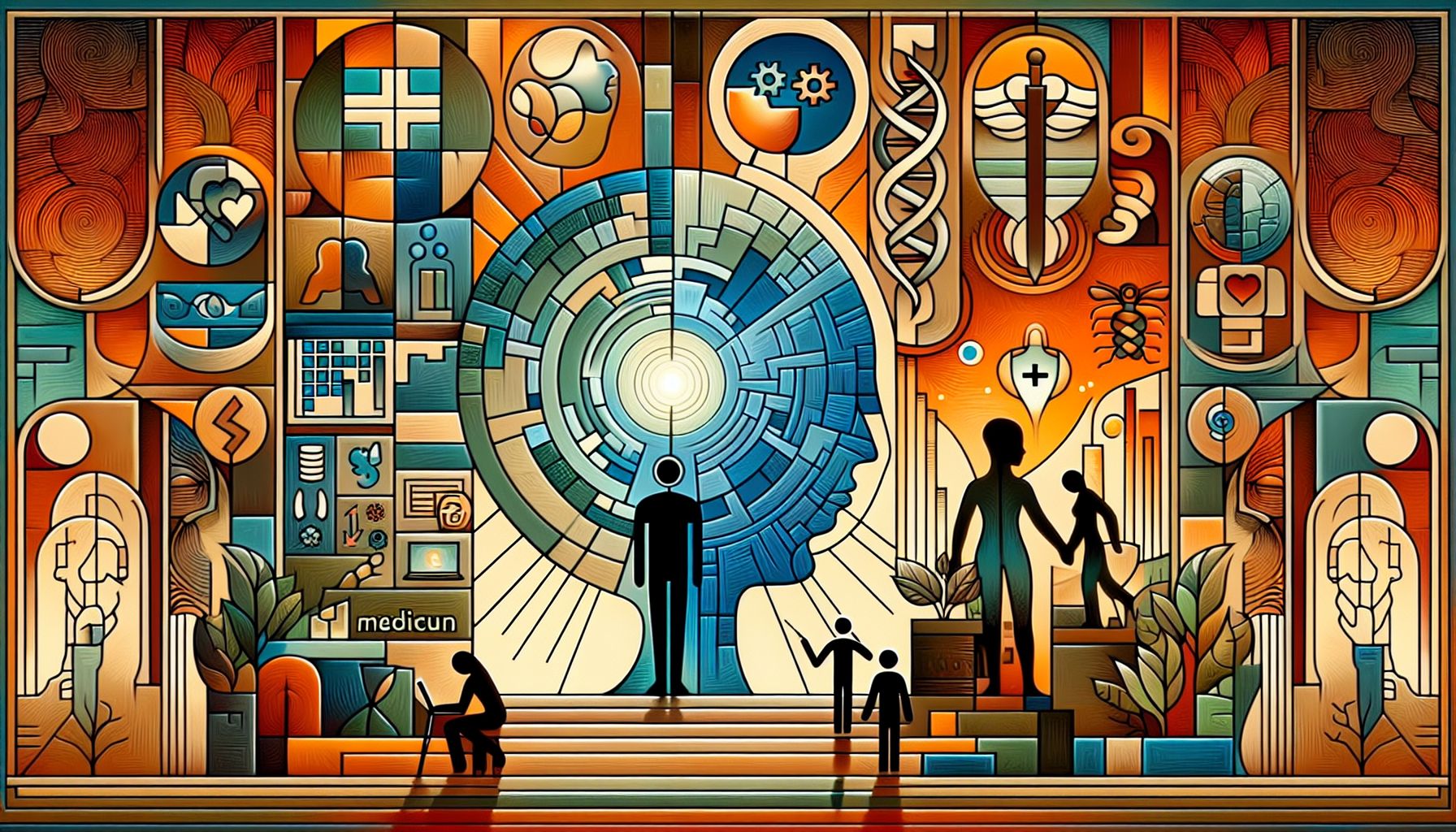OpenAI's $1M Quest to Build AI's Moral Compass Raises Ethical Questions

Delft, Monday, 25 November 2024.
Duke University researchers receive significant funding from OpenAI to develop algorithms predicting human moral judgments in medicine, law, and business. The groundbreaking project faces complex challenges, as previous attempts like Ask Delphi revealed AI’s struggle with ethical reasoning and cultural biases. The research aims to bridge the gap between machine learning and human moral decision-making, though details remain closely guarded. Principal investigator Walter Sinnott-Armstrong leads this ambitious three-year initiative, partnering with AI ethics expert Jana Borg, known for developing morality-based algorithms in healthcare. This research emerges at a crucial time when AI’s ethical framework is under intense scrutiny, highlighting the delicate balance between technological advancement and moral responsibility.
The Challenge of Programming Morality
The core challenge in programming AI to understand human morality lies in the inherent complexity and subjectivity of moral judgments. While traditional AI models are adept at identifying patterns and making predictions based on large datasets, they fall short when tasked with understanding nuanced ethical concepts. The AI system Ask Delphi, created by the Allen Institute for AI, exemplified these limitations when it failed to consistently recognize ethical issues due to its reliance on pattern recognition rather than moral reasoning[1].
The Role of Cultural Bias
AI systems often reflect the biases present in their training data, which predominantly originate from Western, educated, industrialized contexts. This can lead to AI outputs that inadvertently favor certain cultural values over others. For instance, Ask Delphi controversially deemed heterosexuality more ‘morally acceptable’ due to the skewed representation in its training data[2]. Such biases underscore the need for diverse and representative datasets to train AI systems that are intended to make moral judgments.
OpenAI’s Vision and Ethical Implications
OpenAI’s investment in this research reflects a broader commitment to addressing ethical concerns in AI development. By funding projects like the one at Duke University, OpenAI aims to create AI systems that can make decisions aligned with human moral values, particularly in fields like medicine, law, and business. However, the endeavor raises significant ethical questions about the extent to which AI should be involved in moral decision-making and the potential consequences of AI systems making ethically charged decisions[3].
The Future of AI and Morality
As the project progresses, it will likely continue to grapple with the balance between leveraging AI’s capabilities for ethical decision-making and preserving human agency. The concept of AI as a ‘moral partner’ suggests a future where technology assists but does not replace human judgment. This hybrid model emphasizes collaboration between humans and AI, ensuring that ethical decisions remain under human oversight while benefiting from AI’s analytical prowess. Ultimately, achieving a truly ‘moral’ AI will require ongoing dialogue and careful consideration of ethical frameworks, transparency, and accountability[4].

